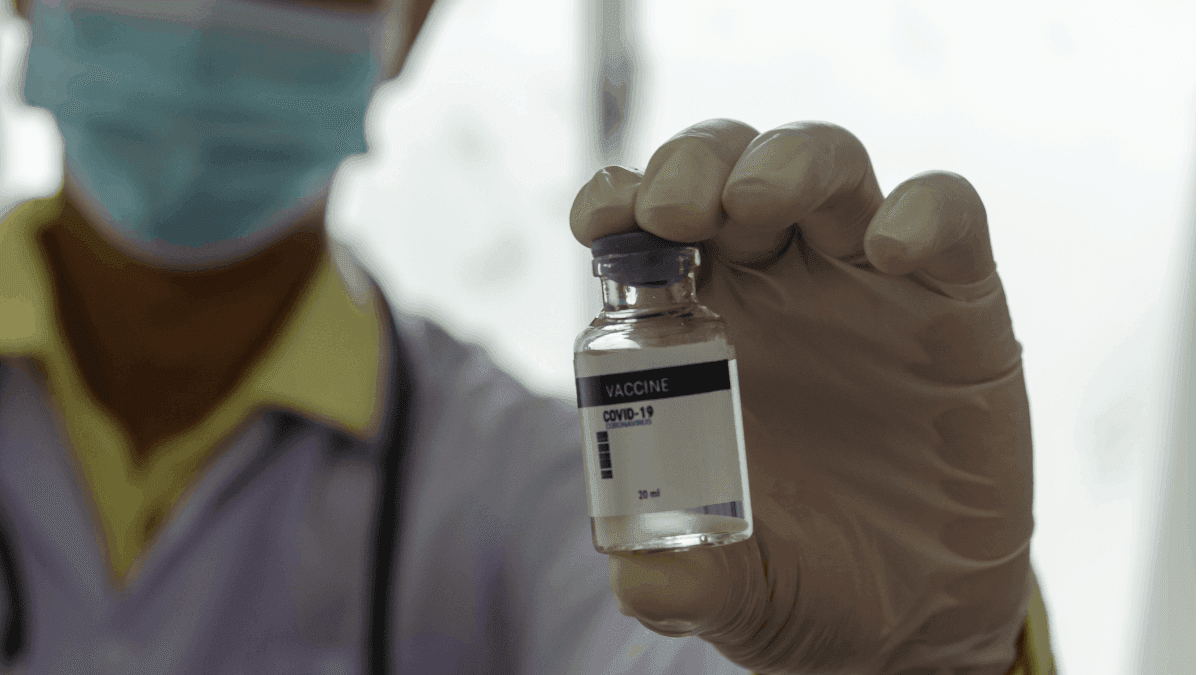A new analysis by KPMG has revealed that a faster international rollout of vaccines could boost the Australian economy by $17bn and generate up to 40,000 jobs.
In this ‘upside’ scenario, the GDP is expected to increase by 2.8 per cent if the vaccine rollout is accelerated, meaning that most countries would be able to reopen their borders to international travellers by 2022.
The report suggests a failure to deliver a comprehensive and timely vaccine program – the ‘downside scenario’ – could result in a 1.2 per cent hit to the global GDP, with 25 per cent of international travel remaining restricted until the end of 2021. For Australia, this translates to a loss of $4bn and 13,000 fewer jobs.
KPMG Australia Chief Economist Dr Brendan Rynne said the delay in the global rollout of vaccinations and subsequent opening up of international borders would have “a disproportionately larger negative effect on Australia.”
“From an Australian perspective, our modelling shows the relative importance of service exports to the economy, especially the benefit associated with foreign students and inbound tourism. A continuation of the drop in migration we are now experiencing would have serious implications for our projected population figures and GDP by the end of the decade.
“From a global perspective, the figures show how economic recovery is dependent on a smooth and uniform vaccine rollout. In our central case we are projecting global GDP to rise by 4.4 per cent this year, so another 2.8 per cent hike on top of that would be a huge step – when you consider the output loss in the whole of the GFC was only 2 per cent. But a 1.2 per cent hit would be a serious blow.
“The profile of the upside scenario GDP suggests the faster rollout of the vaccine generates a ‘sugar-hit’ for most economies, with consumption activity temporarily boosted by pent up demand. In some cases, this temporary boost includes consumption expenditure brought forward from future periods.”
In its baseline forecasts, KPMG expects the vaccine rollout to allow for a gradual reopening of international borders over the course of 2021, but Dr. Rynne warns that citizens in low and lower-middle-income countries also need to be vaccinated for this to happen.
“The poorest of countries are just as important as the richest countries, in understanding that equation. Beneficially, there is not only the social good associated with COVAX but quite clearly economically there’s a benefit in making that happen as well.
“It should be noted that the Australian government has done the right thing in terms of facilitating a strong and equitable international rollout by joining the COVAX initiative and by giving full support to Papau New Guinea.”
COVAX is a global initiative that aims to provide innovative and equitable access to COVID-19 vaccines. It hopes to have two billion doses available by the end of 2021, which will be provided to poorer nations.
Australian economy expected to have “strong performance” in 2021
KPMG says it expects the Australian economy to have a “strong performance” this year, with GDP boosted by “the unlocking of pent-up demand from a lockdown-affected 2020.” This boost, however, will begin to taper off in 2022.
Related: Hospitality, tourism and retail showing promise across regional Australia: CommBank Report
“Our forecasts on inflation (rising) and unemployment (falling) mean that by next year the RBA will come under pressure to review its pledge to keep ultra-low interest rates until 2024. The inflation genie is still in the bottle but can definitely be seen edging up the sides.
“Real wage growth will continue to be minimal and reflects Australia’s need to implement measures to boost productivity, coming out of the COVID era. KPMG analysis has shown a clear link historically between increased capital/technology investment and higher wages. Capex is still a worry, despite recent improved figures.”
Reserve Bank of Australia governor Philip Lowe has previously said that the unemployment rate needs to be close to or below 4 per cent before wages and inflation can rise.
Keep up to date with our stories on LinkedIn, Twitter, Facebook and Instagram.

